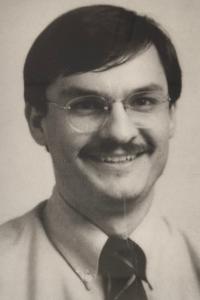University of Iowa Stead Family Children’s Hospital is the only children’s hospital in Iowa nationally ranked for pediatric care by U.S. News and World Report. See our 2024 Press Release here.
Neonatal-Perinatal Medicine Fellowship
About the Program
The Neonatal-Perinatal Fellowship Program at the University of Iowa has a long tradition of training neonatologists and has been accredited since 1985. Each year, more than 1,000 neonates receive care in our 88-bed neonatal intensive care unit, Iowa's only level IV NICU. Our NICU has been annually ranked among the top ICUs in the country in the U.S. News & World Report.
As a large tertiary care center, we have a broad and diverse patient population to provide an excellent clinical environment. Over three years, our fellows complete 12 months of clinical service within our NICU with the remainder of their time devoted to scholarly activity. The university setting supports our fellows' academic endeavors.
Our program has three aims which encompass the tripartite mission of our department:
- Clinical Care: Train outstanding neonatologists to manage the whole spectrum of perinatal-neonatal care, including:
- Fetal care and prenatal counseling
- Delivery room care
- Neonatal transport
- NICU management
- Post-discharge follow-up
- Research: Create lifelong learners by providing the tools to understand and engage in scholarly activity and research.
- Teaching: Develop teaching skills through formal education and role modeling.
UI Stead Family Children's Hospital
We have a global impact.
Our patients come from every county in Iowa, nearly every state in the United States, and several other countries.
UI Stead Family Department of Pediatrics
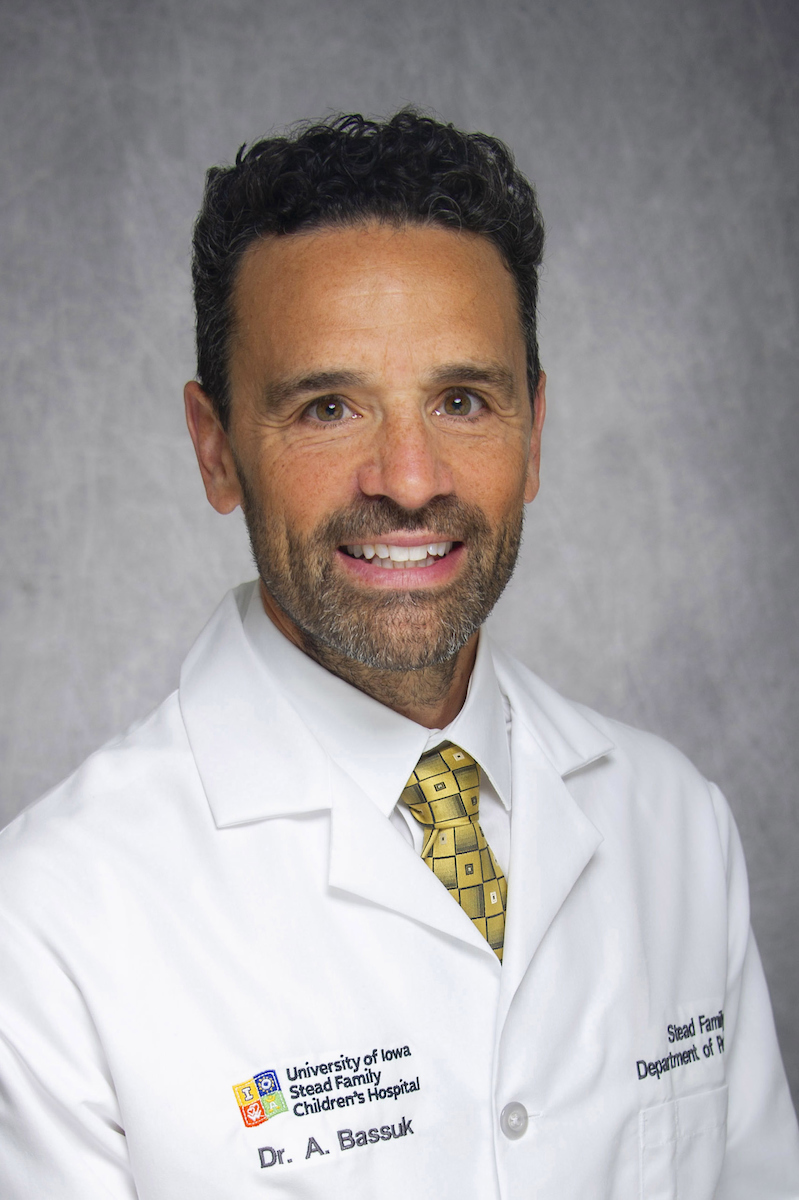
Alexander G. Bassuk, MD, PhD
Chair and Department Executive Officer
Welcome to the Stead Family Department of Pediatrics!
We are proud to showcase our extraordinary clinical care, dedication to the education of students and young physicians, and our world-class research programs.
Our comprehensive medical, surgical, and nursing services span the full spectrum of pediatric care. The consistently high rankings we receive on national and international benchmarks attest to the exceptional quality of care we provide. With more than 127,000 annual outpatient visits and more than 10,000 admissions to the 165 beds at University of Iowa's Stead Family Children's Hospital, we draw patients regionally, nationally, and internationally. Our commitment to family-centered care and our outstanding facilities have been praised for their innovative and patient-friendly design.
We are dedicated to excellence in the education of medical students, residents, and fellows, as reflected by a competency-based curriculum that is designed to provide practitioners with comprehensive knowledge and outstanding skills. The clinical and research efforts of trainees are closely mentored and nurtured. Our graduates move on to successful careers in clinical practice and academic pediatrics.
From genomics to cancer biology, from clinical trials to outcomes research, the department consistently ranks among the top National Institutes of Health (NIH) funded Pediatric Departments nationally. Our faculty and staff are engaged in cutting edge basic science and patient-oriented research in our unwavering quest to improve the health and well-being of all children.
Overview
Orientation
Fellows will spend the first two weeks of July in orientation, which will introduce you to tkey key clinical and research aspects of our program. Orientation will start at the department level and with our GME office before starting with our program-specific orientation. This time will include learning procedural skills and performing a simulation on the Golden Hour.
After the first two weeks of orientation, each first-year fellow will shadow a senior fellow for call night before they do one on their own.
New fellows will shadow senior fellows in the unit for up to a week to learn about the flow before starting in the NICU.
Clinical Care
All fellows will rotate into our NICU and our perinatal and postnatal clinics.
All clinical activities take place in the University of Iowa Stead Family Children's Hospital.
Our Level IV NICU is divided into four teams:
Acuity: Highest to lowest
|
Neonatal Critical Care Unit (NCCU) |
|
|
Nurse Practitioner |
|
|
Teaching & Transport |
|
|
Level 6 |
|
Fellows will rotate in two non-NICU clinics:
|
High-Risk Infant Follow-Up Clinic |
|
|
Perinatal Care Clinic (PCC) |
|
Research
Non-clinical time is devoted to research and quality improvement projects. Each fellow participates in a research project that will result in a scholarly work product by the end of their training.
On Call Schedule
- Call nights are divided equally among fellows.
- A senior fellow makes the service and call schedule each year with the program director providing oversight.
- All call nights are in-house.
- Each year, there is at least one night covered without any fellows prior to the annual departmental fellow retreat.
Frequently Asked Questions
What quality of clinical training can I expect at the University of Iowa?
While we have traditionally been known as a research institution, we are a full-service clinical division of Neonatology. We have very busy clinical services with a rich diversity of neonatal pathology. A wide range of patient conditions allows us to educate our trainees so they are ready for any clinical situation. Fellows completing our program are ready to excel in the highest level NICUs caring for the most critically ill infants.
What makes your NICU so special?
We have an incredible NICU team that works together to provide our patients with the highest level of care. We realize that dozens of people need to make thousands of good decisions for our babies to do so well. We respect our families and our co-workers and we appreciate the various roles that we all play in the outcome of each baby.
How will I identify a research mentor and project?
We realize that you may need help here, and we take your research training very seriously. During the first few months of training, fellows usually meet with several clinical and basic science investigators who have ongoing projects that match their own interests. Should a fellow enter the program with a strong background in research or an identified project, a mentor with similar interests will be identified. A strong mentor-fellow relationship is imperative to success in research.
What benefits can I expect as a fellow?
For the most updated information on paid time off, leave, stipends, insurance, and more, see the Graduate Medical Education benefits webpage.
What is there to do in Iowa City when you're not working?
There are 15 different festivals and art fairs, plus concerts and race events. There are many music venues, sports events and neighborhood street fairs and garden walks. We also have a really big mall and several smaller ones, 41 parks, 9 golf courses, 6 public tennis courts, 6 public pools, some lakes and a reservoir with trails, camping and boating. There are bike trails, some famous bookstores, a ton of galleries and excellent museums. There are half a dozen or more performing arts venues including Hancher Auditorium. There's always something going on.
How ethnically diverse are the patients?
As of 2019, around 13% of patients seen at University of Iowa pediatric clinics identify with an ethnicity other than White. Like many university towns, we have a large international community. Growing cultural diversity is another reason Iowa City is an interesting place to live. Diversity is embraced and celebrated with city and university events, festivals, clubs and programs.
Where is Iowa City?
Iowa City is 220 miles directly west of Chicago on Interstate 80. It's also within a 4-5 hour drive to Milwaukee, Madison, Minneapolis, Omaha, Kansas City and St. Louis. It has the cultural, educational, social and political opportunities of a bigger city with the values and ambiance of a midwestern town. Nothing is farther than a 15 minute car ride, it has a great city bus system (with bike racks!), wonderful parks, sports, schools and even sailing. Those who have previously lived here often return because what they were looking for was in their own backyard.
What's Iowa City like for kids and families?
There's ice skating, bowling, organized sports, 50 public parks, miniature golf, a great public library, a toy library, fun centers, swimming pools and 3 beaches, 9 museums including a children's museum, dance companies and public recreation centers that feature many activities for kids and families at little or no cost. We also have 20 movie screens and 50 licensed daycare providers. The Iowa City schools are perennially ranked among the top schools in the nation. Iowa City is unique in the facilities and services available for individuals with disabilities. Many families who have a family member with a disability are reluctant to leave Iowa City because they cannot duplicate those services in another location.
Department Education
Divisional educational offerings include:
- Perinatal mortality conferences
- Journal Club*
- Board study
- Neonatology-surgery conference
- Radiology rounds
Core Curriculum Seminar
Our Fellows' Weekly Stead Family Department of Pediatrics Core Curriculum Seminar Series provides fellows with opportunities to:
- Enhance professional development
- Improve teaching skills
- Develop written and oral presentation skills
- Present their own research
- Explore research options
- Interact with faculty and other fellows
- Learn about responsible conduct of research
- Accelerate career development
*Recently, The Incubator Podcast featured one of our faculty—Adrianne Rahde Bischoff, MD—as a guest co-host on "Episode #228: Journal Club–Neonatal Cardiology." Among the articles discussed was a PubMed paper by the late Regan Giesinger, MD: "Impact of early screening echocardiogarphy and targeted PDA treatment on neonatal outcomes in 22-23 week and 24-26 infants."
Research and Fellowship Outcomes
There are many research opportunities available to pediatric fellows, including outstanding training in perinatal research to prepare fellows for careers in academic neonatology. Research training is carried out with experience investigators in the Stead Family Department of Pediatrics and other departments. Prior fellows have conducted both clinical and laboratory research.
Fellow Opportunities in Perinatal Research Include:
- Individualized guidance in the initial selection of their research area and project
- Faculty research and career mentoring
- Research training and support from:
- One of Iowa’s 15 NIH-T32 training programs
- Iowa’s NIH CTSA supported Institute for Clinical and Translational Science KL2 training awards
- Involvement in studies carried out by the NICHD Neonatal Research Network
- Courses in the Graduate College
- Weekly interactive Fellows’ Core Curriculum seminars
What makes research with UI Neonatology special
During our fellowship program,
After our fellowship program,
Advanced Degree Options
Post-Graduate Program in Translational Biomedicine
One of a few such clinical graduate programs in the U.S., the Graduate Program in Translational Biomedicine (GPTB) trains scientists in the principles and techniques of scholarly, patient-oriented research, including epidemiological and translational research and clinical trials. The GPTB has attracted a stellar team of trainees from a multitude of diverse disciplines and backgrounds, and has proven unparalleled in providing a strong, interdisciplinary core curriculum and expansive cutting edge research opportunities and mentoring.
College of Public Health (COPH)
Iowa's COPH helps society respond to new and emerging threats, as well as other long-standing public health concerns, including air and water quality, aging, cancer, health care quality and services, obesity, tobacco, and substance abuse.
Masters in Clinical Investigation
A 2-year interdisciplinary program designed for post-doctoral fellows and junior faculty from the Colleges of Medicine, Nursing, Dentistry, and Pharmacy pursuing careers in clinical research. This program is supported by Iowa’s NIH Clinical and Translational Science Award and provides a structured didactic curriculum in research methods in the context of a mentored research experience.
Masters in Medical Education
A 2-year program coordinated through the Office of Consultation and Research in Medical Education (OCRME). The program requires the completion of 30 semester hours and is designed for post-doctoral fellows and junior faculty from the Colleges of Medicine wishing to pursue careers in medical education. The program includes all facets of medical education, including the practice and principles of educational research
Currently, we are unable to fund training for all fellows. However, each year the department allows new fellows to apply for funding for one of these training pathways.
Accreditation
For the most updated information, see the following links:
How to Apply
The Neonatal-Perinatal Fellowship Program accepts up to three (3) new fellows annually with a maximum of eight (8) fellows at a time.
Our program participates in the National Resident Matching Program (NRMP) using the Electronic Residency Application System (ERAS).
Application requirements:
- Completed ERAS application
- Resume/Curriculum Vitae
- Personal statement
- Medical School Performance Evaluation (MSPE)
- 3 Letters of Recommendation:
- Pediatric Residency Director, and
- Two additional faculty
- USMLE Step 1 and Step 2 scores (or equivalent exams that have reciprocity in the State of Iowa)
- Copy of ECGMG certificate, if applicable
If you have questions, please contact:
Glenda Rabe, MD, MME
Program Director
Phone: 1-319-384-6531
E-mail: glenda-rabe@uiowa.edu
Ezra Hendelkin
Program Coordinator
Phone: 1-319-356-7096
Email: ezra-hendelkin@uiowa.edu
Timeline
Criteria for Candidacy
Applicants to our program must:
- Be currently enrolled in, or have successfully completed, an ACGME-accredited pediatric residency program
- Completed necessary qualifications for a medical license in the State of Iowa
The Interview
Interview Timeline
Interviews typically take place in September and October. If selected, orientation for all new fellows begins on July 1. You must be available for this start state and be licensed in Iowa by June 30.
Interview Day
We hold our interviews virtually through Zoom. You should be able to find your intinerary through the Thalamus portal.
We suggest business attire for your interview day.
The components of your day include:
- A overview with our Program Director
- Individual interviews with faculty within the Division of Neonatal-Perinatal Medicine.
- A question and answer (Q&A) session with our current fellows after lunch.
Our People
It takes a special person to dedicate their life to the care and healing of children.
With University of Iowa Health Care, you will be exposed to some of the best clinicians, researchers and teachers in our profession. Through formal mentoring programs as well as an open-door philosophy, we provide you with high-powered opportunities to learn from these professionals. Our faculty in Neonatology are dedicated to helping you achieve your training goals. Other fellows will share in the support and encouragement that will help you excel.
Current Fellows
Top-bottom, left to right: Miranda Deutmeyer, Jeremy Sandgren // Jenna Geick, Ashley Schlapper-Sevcik, Tiffany Lau, Ana Nevarez Gilbert. Not pictured: Melanie Morris.
Third-Year Fellows (2022-2025)
Jeremy Sandgren, MD, PhD
Medical School: Roy J. and Lucille A. Carver College of Medicine
Residency: University of Iowa Hospitals & Clinics
jeremy-sandgren@uiowa.edu
Second-Year Fellows (2023-2026)
Melanie Morris, MD
Medical School: University of Washington School of Medicine
Residency: University of Iowa Hospitals & Clinics
melanie-morris@uiowa.edu
Ana Nevarez Gilbert, MD
Medical School: Universidad Catolica de Santiago de Guayaquil
Residency: University of South Dakota Sanford
ana-nevarezgilbert@uiowa.edu
Ashley Schlapper-Sevcik, DO
Medical School: Liberty University College of Osteopathic Medicine
Residency: Iowa Methodist Blank Children's Hospital
ashley-schlapper-sevcik@uiowa.edu
First-Year Fellows (2024-2027)
Miranda Deutmeyer, DO
Medical School: Kirksville College of Osteopathic Medicine
Residency: University of Iowa Hospitals & Clinics
miranda-deutmeyer@uiowa.edu
Jenna Geick, MD
Medical School: Roy J. and Lucille A. Carver College of Medicine
Residency: University of Michigan
jenna-geick@uiowa.edu
Tiffany Lau, MD
Medical School: John A. Burns School of Medicine
Residency: University of Hawaii
tiffany-lau@uiowa.edu
Past Fellows
Click on the expanding sections below to view past fellows, organized by graduation year:
2020-2029
2024
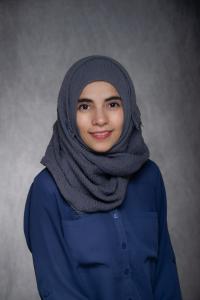 |
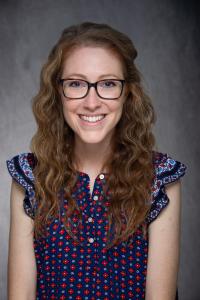 |
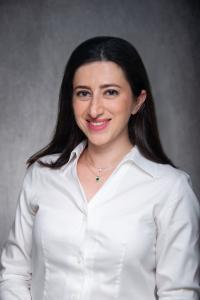 |
Numra Aleem, MB, BS |
Amy Hobson, DO |
Nadine Kibbi, MD |
|
2021-2024 |
2021-2024 |
2021-2024 |
2023
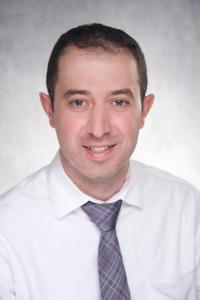 |
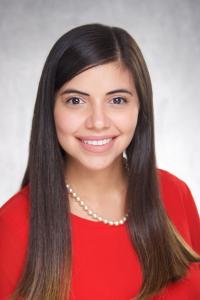 |
|
Mohamed Al Kanjo, MD |
Timothy (TJ) Boly, DO |
Stephania Cavallaro Moronta, MD |
|
2020-2023 |
2020-2023 |
2020-2023 |
2022
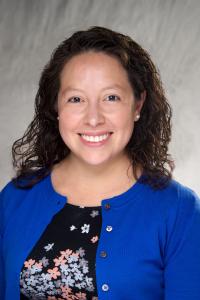 |
||
Melanie Reyes Hernandez, MD2019-2022 |
2021
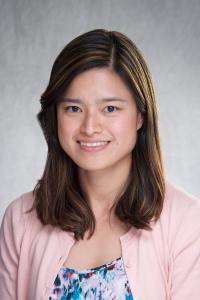 |
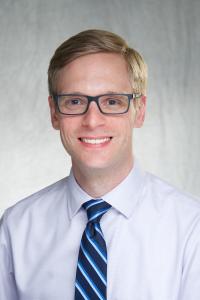 |
|
Trassanee "Pearl" Chatmethakul, MD |
Brian Juber, MD |
Matthew Rysavy, MD, PhD |
|
2018-2021 |
2018-2021 |
2018-2021 |
2020
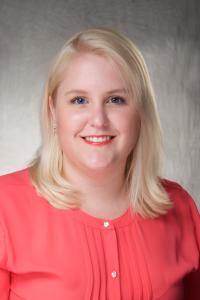 |
||
Amy Stanford, MD2017-2020 |
2010-2019
2019
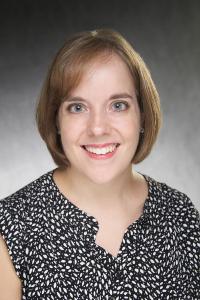 |
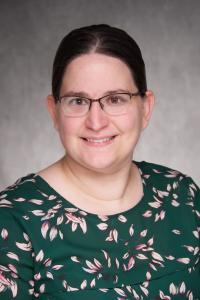 |
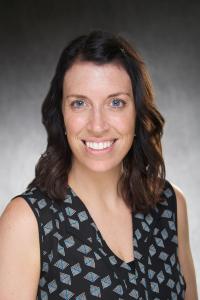 |
Jennifer Berger, DO |
Ana Tracey Morgan-Harris, MD |
Patricia Watkins, MD |
|
2016-2019 |
2016-2019 |
2016-2019 |
2018
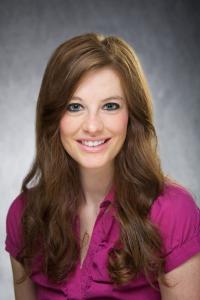 |
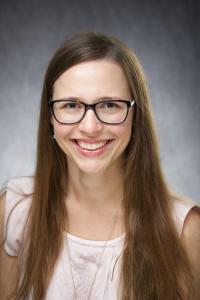 |
Stacy L. Kern, MD |
Baiba Steinbrekera, MD |
|
2015-2018 |
2015-2018 |
2017
 |
 |
Timothy Elgin, DO |
Lia Sabalo, MD |
|
2014-2017 |
2014-2017 |
2016
 |
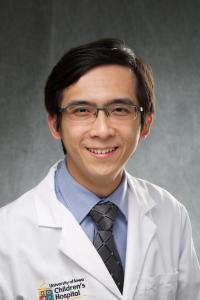 |
Dinushan Kaluarachchi, MB, BS |
Kok Lim Kua, MD |
|
2013-2016 |
2013-2016 |
2015
 |
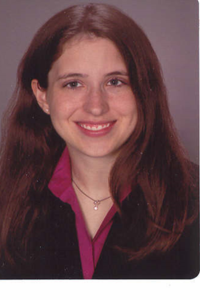 |
Michelle Kompare, MD |
Jessica White, MD |
|
2012-2015 |
2012-2015 |
2014
 |
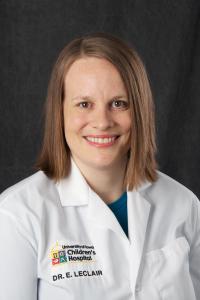 |
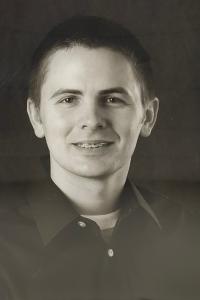 |
Gary Kummet, MD |
Erica LeClaire, MD |
Lauritz "Larry" Meyer, MD |
|
2011-2014 |
2011-2014 |
2011-2014 |
2013
 |
||
Prasad Bhandary, MB, BS |
||
|
2010-2013 |
2012
 |
 |
 |
Diana Dang, MD |
Mina Hanna, MB, BCh |
Ragheed Kathuda, MD |
|
2009-2012 |
2009-2012 |
2008-2012 |
2011
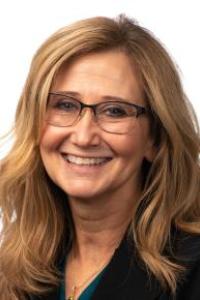 |
||
Michelle Baack, MD |
||
|
2008-2011 |
2010
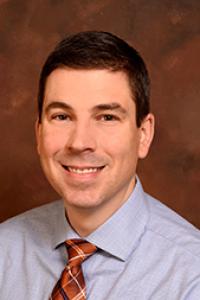 |
||
Paul Mann, MD |
||
|
2007-2010 |
2000-2009
2006-2009 |
2006-2009 |
2005-2008 |
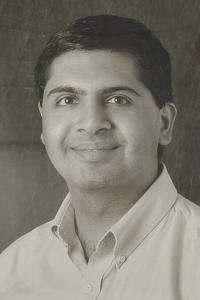 |
 |
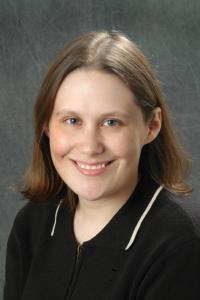 |
Shakir Mohamed, MD |
Kara Stirling, MD |
Glenda Rabe, MD, MME |
|
Medical School: University of Iowa |
Medical School: New York University |
Medical School: University of Iowa |
2004-2007 |
2004-2007 |
2003-2006 |
 |
 |
 |
Nathan Lepp, MD, MPH |
Audra Winder, MD |
Jennifer Foster, MD |
|
Medical School: University of Iowa |
Medical School: University of Utah |
Medical School: Louisiana State University |
2003-2006 |
2002-2005 |
2001-2004 |
 |
 |
|
Erick Gerday, MD |
Robert Roghair, MD |
Lori Katz, MD |
|
Medical School: University of Pierre and Marie Currie, France |
Medical School: University of Iowa |
Medical School: University of Wisconsin |
2001-2004 |
2000-2003 |
2000-2002 |
 |
 |
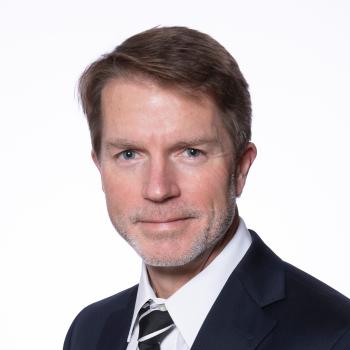 |
Cary Murphy, MD |
Nicole Schmidt, MD |
Lawrence "Lance" Prince, MD, PhD |
|
Medical School: University of Iowa |
Medical School: Texas A&M University |
Medical School: University of Alabama |
1998-2001 |
1997-2000 |
1998-2000 |
 |
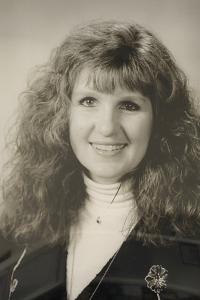 |
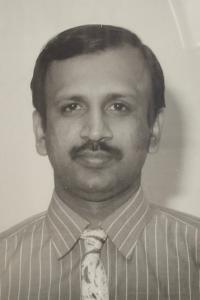 |
Dan Ellsbury, MD |
Karen Brown, MD |
Talkad Raghuveer, MBBS, DCH, MD |
|
Medical School: University of Iowa |
Medical School: University of North Dakota |
Medical School: Karnatak University and University of Mysore, India |
1990-1999
1995-1999 |
1995-1997 |
1994-1997 |
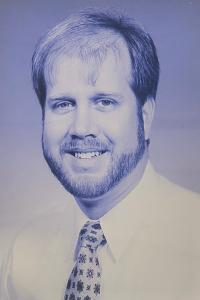 |
 |
 |
Kevin Coppage, MD |
John Dagle, MD, PhD |
Thomas George, MD |
|
Medical School: University of Iowa |
Medical School: University of Iowa |
Medical School: Indiana University |
1993-1996 |
1994-1996 |
1993-1996 |
 |
 |
 |
Anne Nuyt, MD |
Jean Petershack, MD |
Mark Thompson, MD |
|
Medical School: University of Sherbrooke, Canada |
Medical School: University of Texas |
Medical School: University of Michigan |
1992-1995 |
1994 |
1990-1993 |
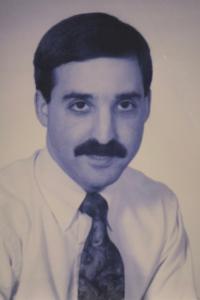 |
 |
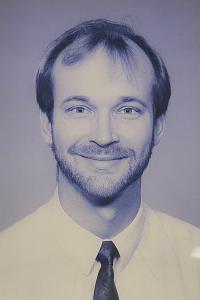 |
Jon Mazursky, MD |
Chetan Patel, MD |
Steven Dekowski, MD |
|
Medical School: Emory University |
Medical School: University of Texas |
Medical School: University of Chicago |
1989-1992 |
1989-1992 |
1987-1990 |
 |
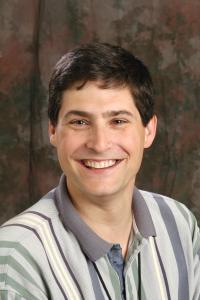 |
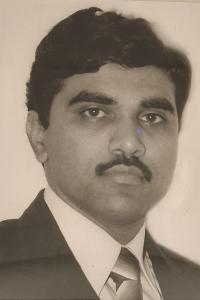 |
Pamela Kling, MD |
Jeffrey Segar, MD |
Salil Gupta, MB, BS, MD |
|
Medical School: University of Iowa |
Medical School: University of Wisconsin |
Medical School: Maulana Azad Medical College, India |
1980-1989
1986-1989 |
1985-1988 |
1982-1985 |
|
|
 |
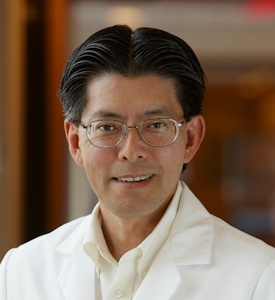 |
Audelio Rivera, MD |
Helen Fountain, MB, ChB |
Kenneth Nakamura, MD |
|
Medical School: University of Texas |
Medical School: University of Bristol |
Medical School: University of Hawaii |
1983-1985 |
1982-1985 |
1981-1983 |
 |
 |
 |
Matthew Sell, MD |
Jonathan Wispe, MD |
Louis Heck, MD |
|
Medical School: University of Wisconsin |
Medical School: University of Iowa |
Medical School: University of South Dakota |
1979-1982 |
1978-1980 |
|
 |
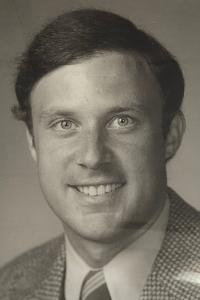 |
|
Jatinder Bhatia, MBBS |
Robert Shaw, MD |
|
|
Medical School: Savitribai Phule Puen University, India |
Medical School: University of Iowa Health Care |
1975-1979
1976-1978 |
1976-1977 |
1975-1977 |
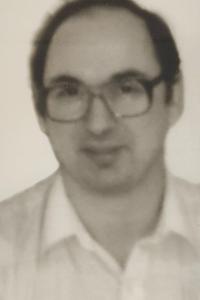 |
 |
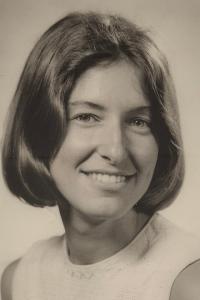 |
Wayne Andrews, MDMedical School: |
Gail McGuinness, MDMedical School: Tufts University |
Mary Weinstein, MDMedical School: University of Chicago
|
Division Faculty
From top-down, left to right: Brady Thomas, Ed Bell, Robert Roghair, TJ Boly, Patrick McNamara, John Dagle, Julie Lindower, Lindsey Knake // Sam Wong, Ram Niwas, Jack Wren, Rachael Hyland, Amy Stanford, Danielle Rios, Amy Hobson, Adrianne Rahde Bischoff // Heidi Harmon, Stephanie Lee, Tarah Colaizy, Jennifer Bermick, Allison Momany, Aunum Akhter, Glenda Rabe
We have a diverse faculty with wide-ranging clinical and research interests: some known internationally and part of the department for many years, others new and quickly establishing themselves. All clinical faculty participate in resident training, clinical practice, and research.
Click the links below to access faculty profiles:
Program Leadership

Glenda Rabe, MD, MME
Program Director
Clinical Professor of Pediatrics
Phone: 1-319-384-6531
Email: glenda-rabe@uiowa.edu
Ezra Hendelkin
Program Coordinator
Administrative Assistant
Phone: 1-319-356-7096
Email: ezra-hendelkin@uiowa.edu
